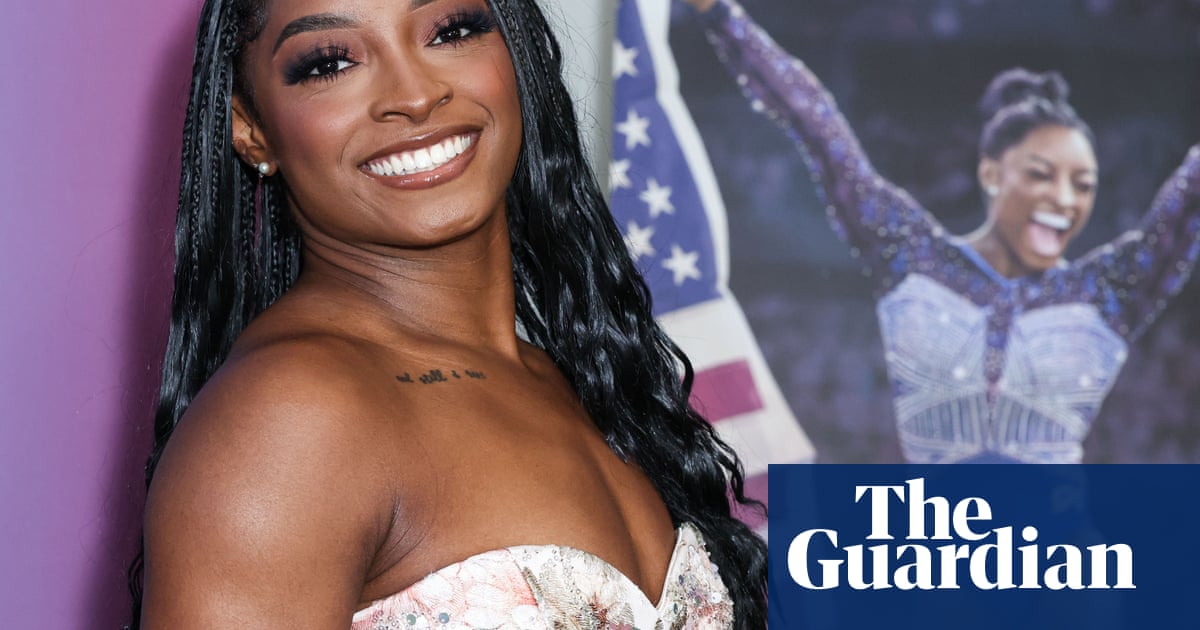Seven-time Olympic gold medallistSimone Bileshas publicly condemned former competitive swimmer Riley Gaines for her repeated attacks on transgender athletes, calling Gaines “sick” and a “sore loser” in a strongly worded social media post.
The exchange erupted Friday night after Gaines mocked the Minnesota State High School League for turning off comments on a post celebrating Champlin Park High School’s girls’ softball team, which had just won the state championship. One of the team’s players is a transgender girl.
“This championship was hijacked,” Gaines wrote on X, referring to the student-athlete as “a boy” and ridiculing the league for disabling comments “lol”.
Biles, the most decorated gymnast of all time with 11 Olympic and 30 world championship medals, had seen enough. In a rare foray into online confrontation, she reposted Gaines’ tweet and responded with a direct rebuke.
“You’re truly sick,” Bileswrote. “All of this campaigning because you lost a race. Straight up sore loser.”
The post referenced Gaines’ performance at the 2022 NCAA championships, where she tied for fifth withLia Thomas, a transgender swimmer. Since then, Gaines has built a prominent public profile lobbying against the inclusion of transgender women in women’s sports, becoming a fixture on right-wing media outlets and appearing alongside Donald Trump ashe signed an executive orderbanning trans girls and women from competing in women’s sports.
But Biles didn’t stop there.
“You should be uplifting the trans community and perhaps finding a way to make sports inclusive OR creating a new avenue where trans feel safe in sports,” she wrote. “Maybe a transgender category IN ALL SPORTS!! But instead… You bully them… One thing for sure is no one in sports is safe with you around!!!!!”
In a follow-up post, Bilesadded: “Bully someone your own size, which would ironically be a male.”
Gaines quickly fired back, calling Biles’ remarks “so disappointing” and insisting: “Men don’t belong in women’s sports and I say that with my full chest.”
A 12-time All-American swimmer at the University of Kentucky, Gaines has used her tie with Thomas as the basis for a national campaign opposing transgender inclusion in sports. She has frequently misgendered athletes in public forums and has drawn criticism from LGBTQ+ advocates and athletes alike for singling out individuals, often minors, by name on social media.
In the case of Champlin Park, Gaines made multiple posts about the transgender pitcher, even mentioning the player by name and referring to her with male pronouns, despite the team’s vocal support for their teammate. The Rebels won the Class 4A title game 6-0.
“She’s a great kid and a great teammate,” one coach told local media after the game. “Her teammates love having her out there.”
The comments from Biles, who has long championed mental health awareness and survivor advocacy, drew swift backlash from conservative commentators, who accused the Olympic champion of hypocrisy and attention-seeking. Outkick, the right-leaning sports outlet where Gaines is a regular contributor, called her remarks “self-contradicting”.
Gaines reposted several replies from fans who echoed her position, arguing that Biles was undermining women’s sports and confusing the issue by suggesting a separate transgender category. “It’s not my job or the job of any woman to figure out how to include men in our spaces,” Gaines wrote in response.
Other conservative influencers piled on, questioning why Biles chose to weigh in and accusing her of “siding with men” in women’s athletics. “If trans participation isn’t a big deal, why propose a separate division?” one post read, summing up a recurring critique in her mentions.
Despite the backlash, Biles has not walked back her comments. Supporters praised her for using her platform to defend marginalized athletes and push back against what they view as a pattern of bullying and scapegoating by Gaines.
